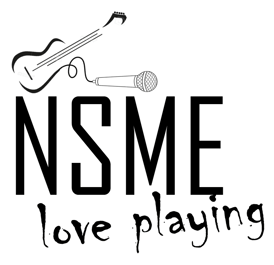My child thinks the school band is boring.
Why school bands can get tedious and what to do about it if you want your child to love music.
11/15/20234 min read
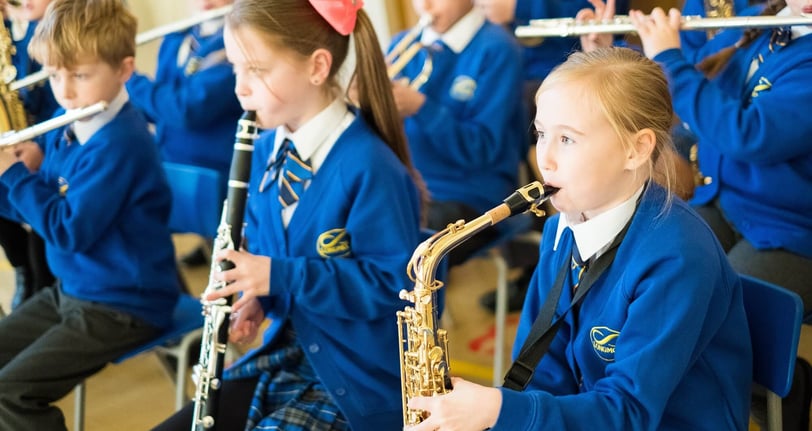

If your child is a beginner
If your child is in their first year of band, this is a tricky one. In those first few months of year three when most kids are only just starting to learn, they can get discouraged very quickly. Joining the band can sound like loads of fun at first, especially if all their friends are doing it, until they realise just how hard it is to play an instrument and how basic the music is to start with! If the conductor isn't someone very special who loves 8-year-olds learning how to play an instrument, it can be a difficult combination. First year bands are notoriously excruciating to listen to, even when you’re playing in it! (Spare a thought for the conductor!) And, they CAN be boring. Your child (and most of the others in the band) may only know three notes for the first few months and this doesn't make for very interesting songs.
The key here is to try and help your child stick it out for this period. Here's how.
Empathise and encourage
You can help to managing their initial expectations of themselves and the band and remind them that it won’t always be like this. Remind them that everyone feels the same way when they start, that it’s just like learning anything for the first time. That is, it takes a little bit of time to get good, but they will get better and when they do, it will start to sound great! If your child likes reading, you can talk about what it was like when they first started learning to read. At first the books a very simple and boring, but as they get better, the books get much more interesting and fun to read. Music is the same! And guess what, just like reading, the more you do it, the better you get and the more fun it is.
Show them what they're aiming for
If you can take them to see a more senior primary school band, at your school or elsewhere, it can help encourage them to see what they will sound like in a year or two. Even better if you can take them to see a high school rock band or orchestra or jazz band, it might help them realise they are just at the start of a journey that starts to get really fun! If you know any older kids who happily play in a band who are willing to give your primary schooler five minutes of their time to encourage them, this can work wonders on their ability to stick it out at the beginning.
Once they know the basics
Try a different song
Once they have a basic grasp of their instrument, they can start to play whatever songs they like! Most likely, your child will have learnt the notes for the C scale early on (the easiest scale with no sharps or flats). Once they’ve learnt at least an octave of notes (from a low C to a high C) they can start to play any tune they like! Whether it’s their favourite pop song, a movie theme (like Frozen or superman etc) or happy birthday or even the school anthem, see if they can try and work out the tune with the notes they know. If it doesn’t sound right, they can try starting on a different note. Many common pop and rock songs can be played in C major, (even though this may be a different key to the original key), so it can be pretty fun (and so good for their musicianship) to just try and work it out. This can really give them a reason to play when concert band songs are boring them.
YouTube is your friend
We all know kids love tech, so let your kids look up their favourite songs on YouTube (start with a slowish easy sounding song!) and encourage them to try to find the notes and play along. If the song isn’t originally in C major, they wont be able to play it using the notes from C scale. However, it may well be in another common key which just requires them learning a few extra sharps and/or flats. If you’re not musically inclined yourself, often when a song starts or finishes on a particular note, it will be in that key. So, for example, if a song starts or finishes on G, it might well (but not always) be in G major, which just has an F# (all other notes will be notes your child has learnt in the C scale).
With any luck, your child’s favourite song might be in one of these keys:
C major or A minor – no sharps or flats.
G major or E minor scale – one sharp – F#
D major – two sharps – C# and F#
F major – one flat – B flat
If your child wants to do this, and hasn’t learnt these few sharps and flats, a quick google should help them work it out. Then, let them loose with YouTube and trying to play along with YouTube. You can slow YouTube videos down to whatever speed you like so they can play along at whatever speed they can manage!
Join them
If you can play something, or sing, get involved! Try and learn a song together. There are lots of relatively easy but nice songs around that you could learn to play together. This gives your child a sense of connection with you and a reason to get better – so they can play their favourite song with you tomorrow! If you can make a habit of it (i.e. Tuesday nights = music night), it can really help in encouraging your child to enjoy playing.
Join a different band
North Shore Music Ensembles was set up for this very reason: to keep kids engaged in music! We learn fun songs, songs that your child will most likely know and love, and we make it fun. If you think your child might enjoy and benefit from playing songs they love with other kids, give one of our ensembles a try.
At NSME we offer a special band program for primary school aged kids through our Junior Jam Squad.
For teenagers, we have the Senior Jam Squad, which caters specifically to the needs of older kids. find out why joining a rock band is so good for your teenager.



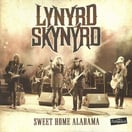

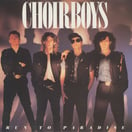

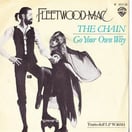


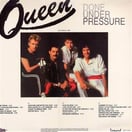
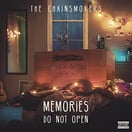
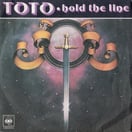

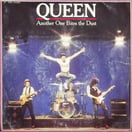
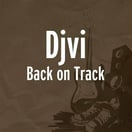



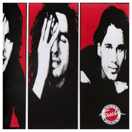
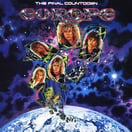






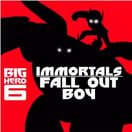

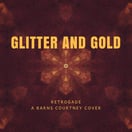
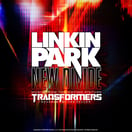

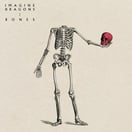


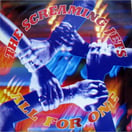
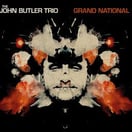
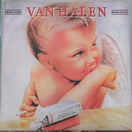
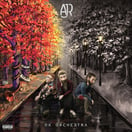
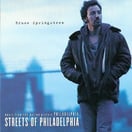

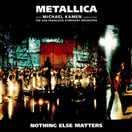

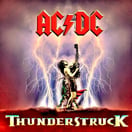

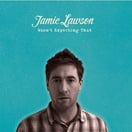



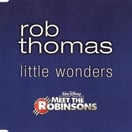




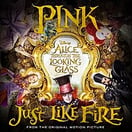
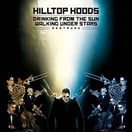
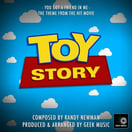

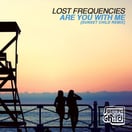
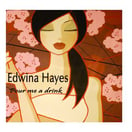
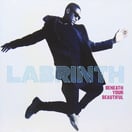
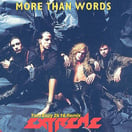
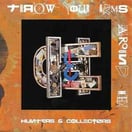
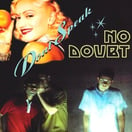
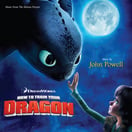

Our music
The songs we learn at NSME depends on what the group members want to play as well as their level of ability. We are open to considering all types of music. We particularly try to incorporate songs that allow our band members to express their experiences or their feelings both through the lyrics and style of the music.
Of course, the nature of contemporary music (particularly rock), means that some songs are not appropriate especially for younger children, and we incorporate this issue into our music choices. We will always choose the clean versions of any songs with swearing or questionable lyrics or avoid these songs altogether depending on the age of the group. If you have any concerns about this, please get in touch.
Below is a snapshot of some of the songs our ensembles enjoy and those that are on our radar!


